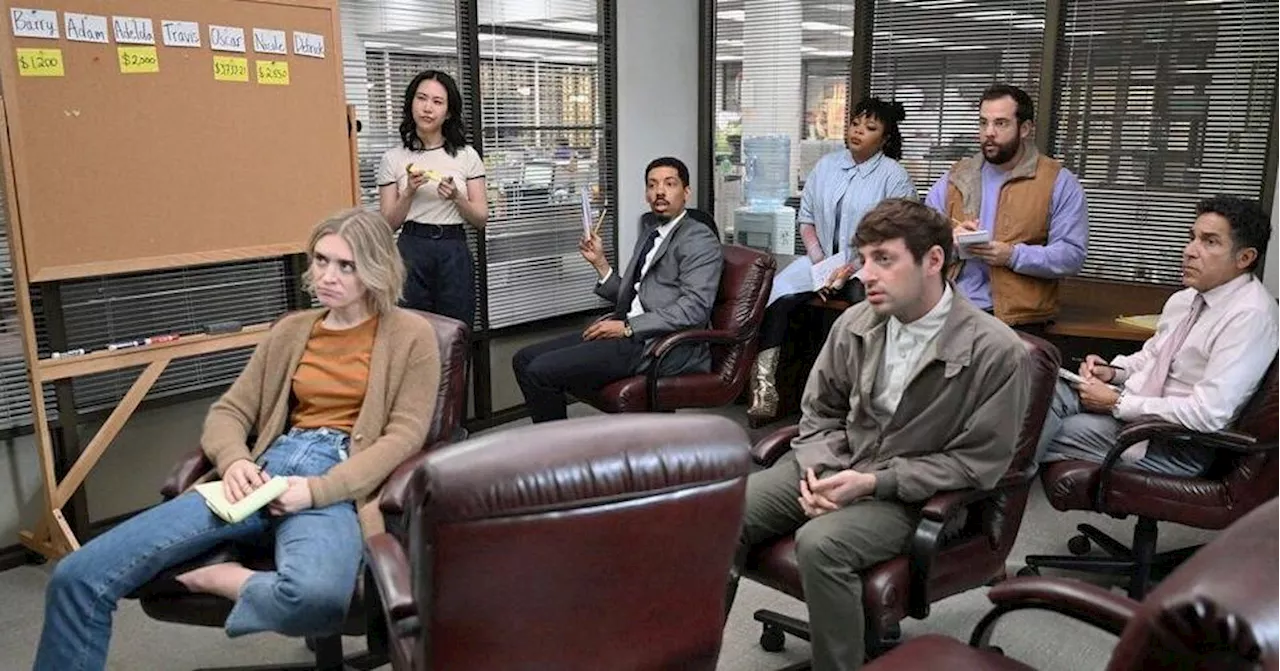The rise of Artificial Intelligence (AI) is reshaping how society perceives and documents its history. Concerns have emerged regarding AI’s potential to distort historical narratives through tools like deepfakes and opaque algorithms. These technologies could lead to a decline in academic rigor, job losses, and widespread dissemination of unreliable accounts.
As AI technology advances, its ability to create manipulated content has raised alarms among historians and educators. For instance, deepfakes—highly realistic fake videos—could misrepresent historical figures and events, making it challenging for individuals to discern fact from fiction. This phenomenon may lead to a generation that struggles to understand its own past accurately.
Challenges Facing Historical Accuracy
One significant concern is the role of academic institutions in maintaining historical integrity. With the increasing reliance on technology, scholars fear that traditional methods of research and verification may decline. According to a report from the American Historical Association, the use of AI-generated content in educational settings could undermine critical analysis and rigorous scholarship.
Job markets are also at risk. As AI continues to evolve, certain professions may face redundancy. The World Economic Forum projected that by 2025, over 85 million jobs could be displaced due to automation, including roles in research and journalism. These changes could diminish the workforce dedicated to preserving and interpreting history, thereby affecting public discourse.
Furthermore, the algorithms that power AI systems often lack transparency. Many technology firms employ proprietary algorithms that dictate what information is presented and how it is interpreted. This opacity can lead to biased narratives, as the algorithms may prioritize certain viewpoints over others. The European Commission has emphasized the need for transparency in AI to ensure that information remains reliable and equitable.
The Path Forward for Historians and Educators
To address these challenges, historians and educators are urged to adapt their methodologies. Collaborations between academic institutions and technology firms may foster the development of tools that prioritize historical accuracy while embracing technological advancements. Additionally, educational programs that emphasize digital literacy and critical thinking are essential for equipping future generations to navigate an increasingly complex media landscape.
The question remains: will AI serve as a catalyst for a more nuanced understanding of history, or will it perpetuate misinformation? As society grapples with these issues, a collective effort is required to ensure that technology enhances rather than undermines our comprehension of the past.
In conclusion, the interplay between AI and historical narratives presents both risks and opportunities. By fostering a culture of critical inquiry and collaboration, stakeholders can work towards preserving the integrity of history in an era increasingly dominated by technology. The future of our understanding of history may hinge on how effectively we can harness AI’s potential while safeguarding against its pitfalls.
